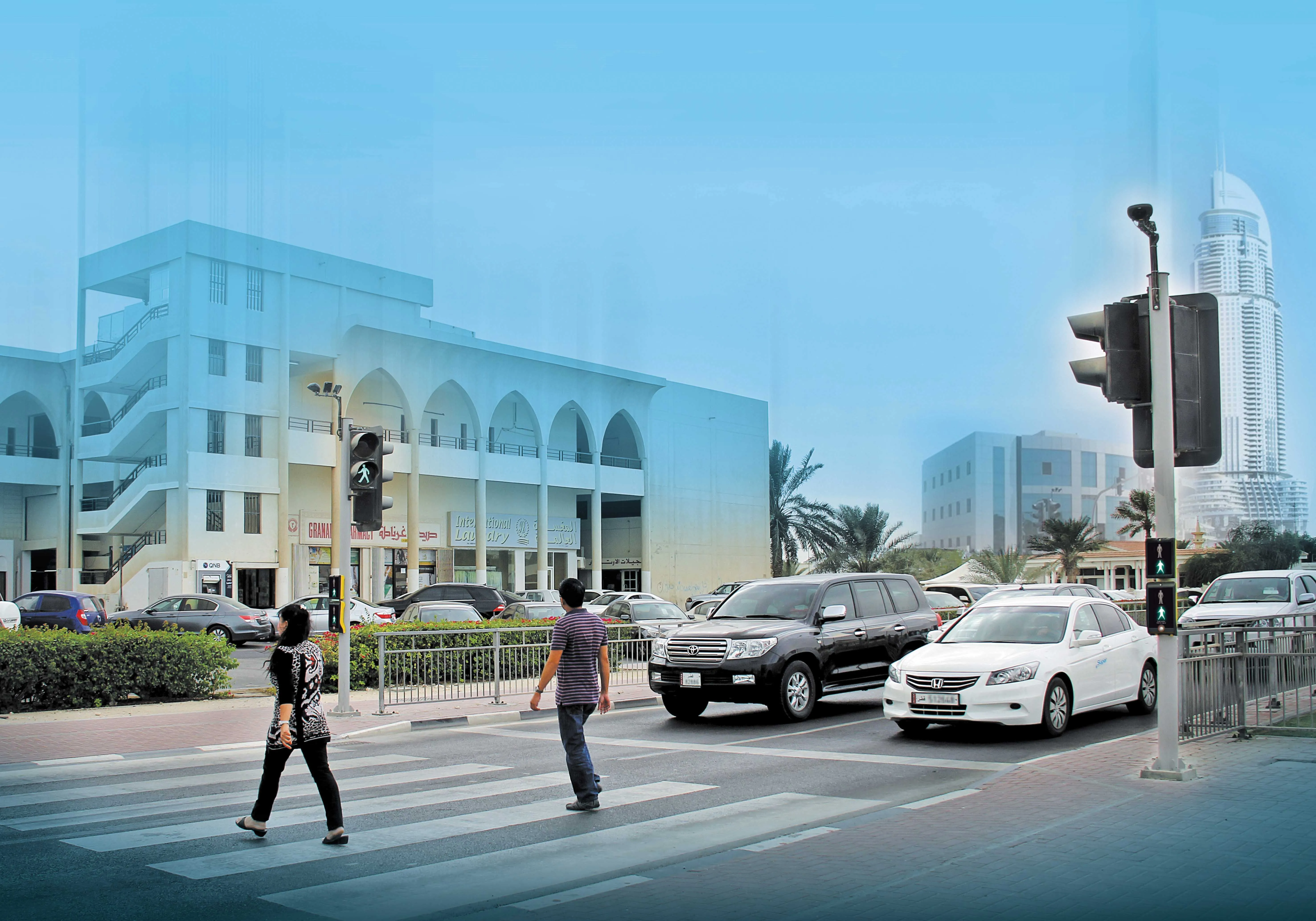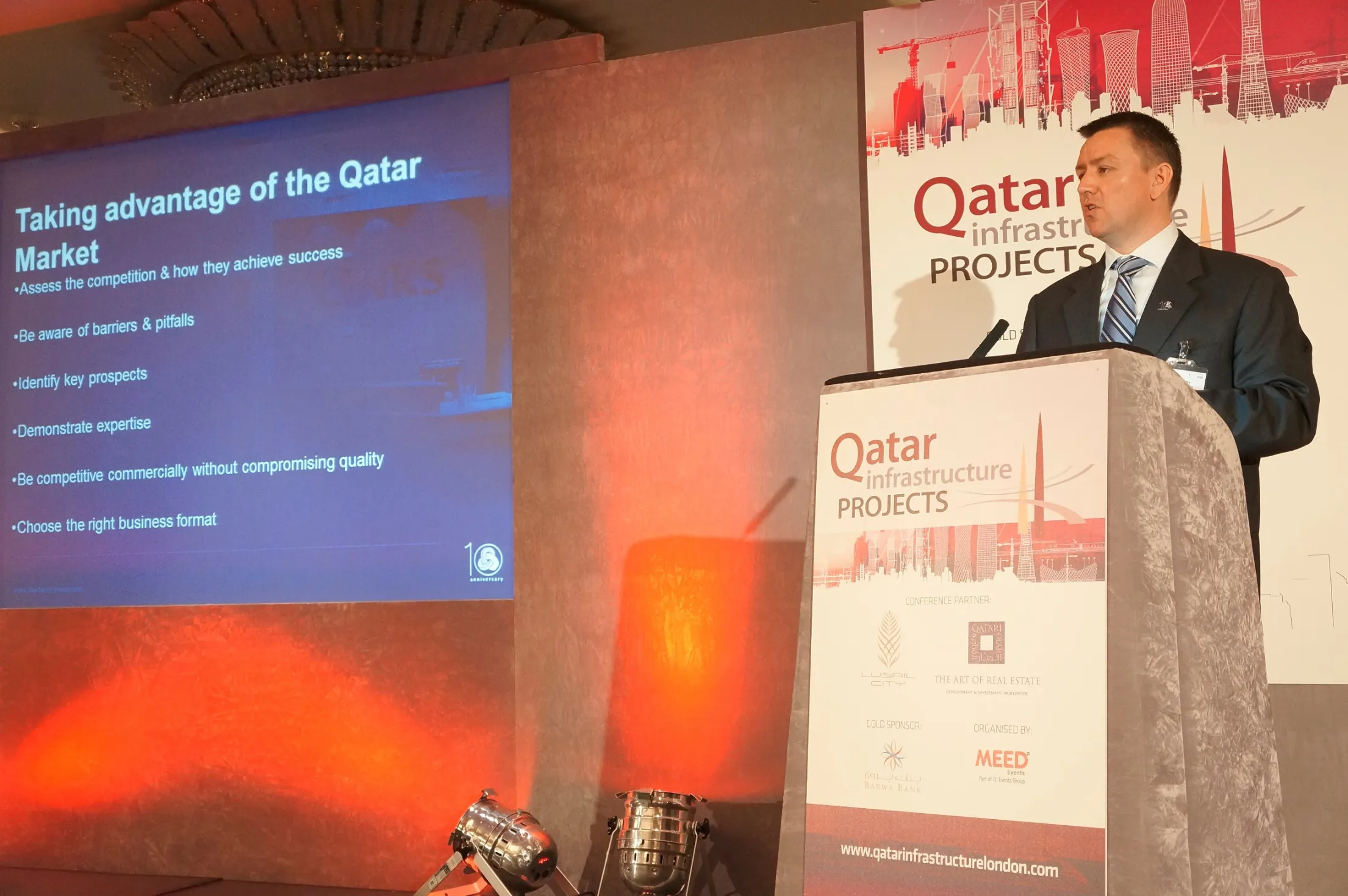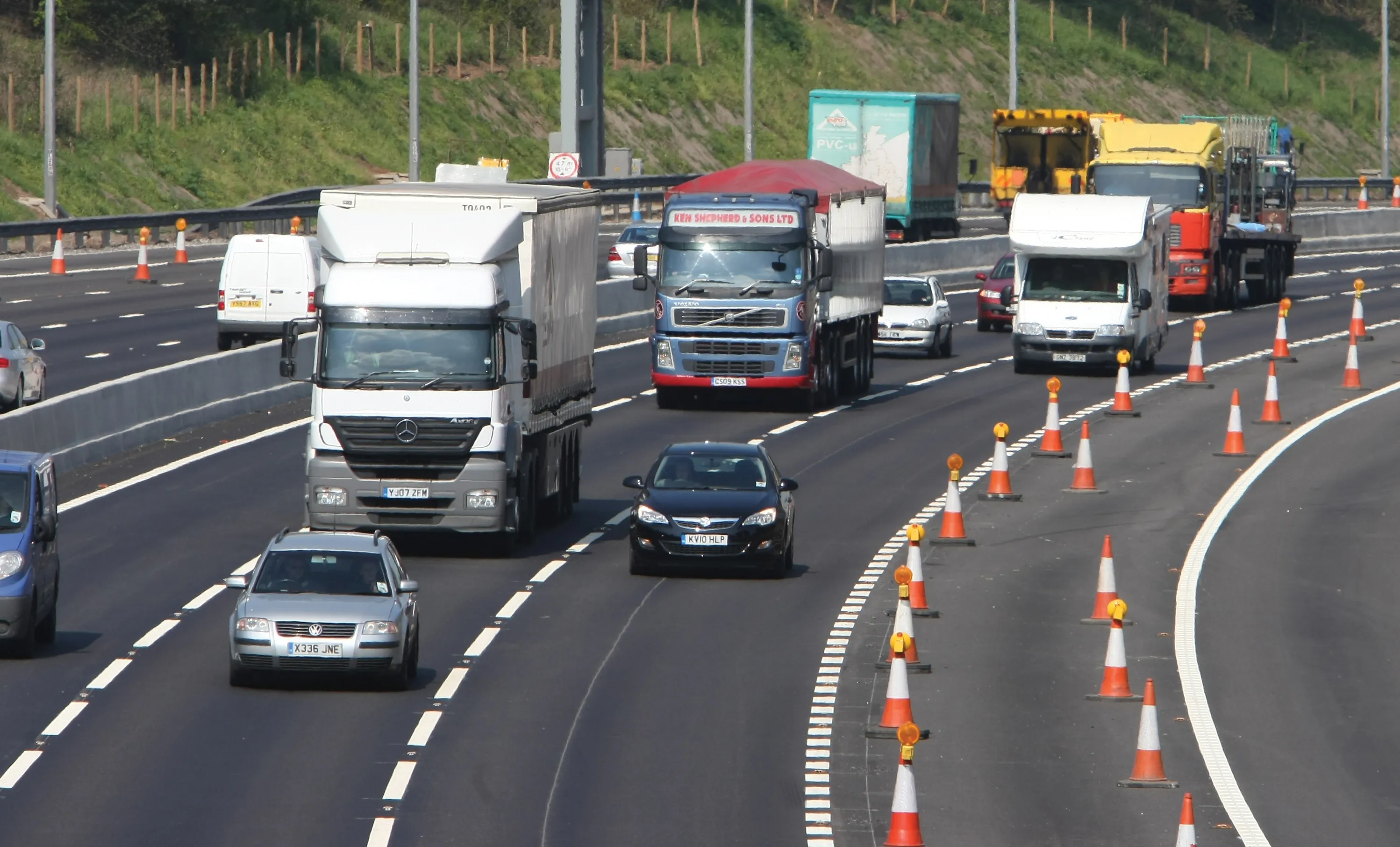Improved pedestrian safety is being achieved in Qatar with the help of new technology. AGD Systems and Qatar-based Traffic Tech Group have joined forces to install pedestrian detection systems. Traffic Tech Group will be AGD’s exclusive global distributor for the Puffin and Toucan pedestrian crossings in the region to increase pedestrian and cyclist safety and improve traffic flows.
On-street trials of AGD-enabled Puffin and Toucan schemes commenced in late 2014 at a dual pedestrian crossing on the busy A
July 14, 2015
Read time: 2 mins

Improved pedestrian safety is being achieved in Qatar with the help of new technology. AGD Systems and Qatar-based 5456 Traffic Tech Group have joined forces to install pedestrian detection systems. Traffic Tech Group will be AGD’s exclusive global distributor for the Puffin and Toucan pedestrian crossings in the region to increase pedestrian and cyclist safety and improve traffic flows.
On-street trials of AGD-enabled Puffin and Toucan schemes commenced in late 2014 at a dual pedestrian crossing on the busy Al-Jazeera Al-Arabiya Road in Doha, Qatar. This installation has been successful and the schemes have now received approval from the Qatar Authority.
The Puffin crossings use a combination of nearside signals and pedestrian 'push-button' demand units with AGD 640 pedestrian detectors to automatically vary the length of the pedestrian period. This gives pedestrians the time they need to cross the road and if the pedestrian leaves the wait area, the demand is cancelled, freeing up the traffic.
AGD’s 226 radar continuously monitors the pedestrians when they are on the crossing, only allowing vehicle traffic signals to turn back to green once the crossing is completely clear. The fact that the system is detector-based ensures that waiting time for traffic is minimised while maintaining safety for vulnerable road users. This is in comparison to the traditional time-based systems that are still in use throughout the region.
On-street trials of AGD-enabled Puffin and Toucan schemes commenced in late 2014 at a dual pedestrian crossing on the busy Al-Jazeera Al-Arabiya Road in Doha, Qatar. This installation has been successful and the schemes have now received approval from the Qatar Authority.
The Puffin crossings use a combination of nearside signals and pedestrian 'push-button' demand units with AGD 640 pedestrian detectors to automatically vary the length of the pedestrian period. This gives pedestrians the time they need to cross the road and if the pedestrian leaves the wait area, the demand is cancelled, freeing up the traffic.
AGD’s 226 radar continuously monitors the pedestrians when they are on the crossing, only allowing vehicle traffic signals to turn back to green once the crossing is completely clear. The fact that the system is detector-based ensures that waiting time for traffic is minimised while maintaining safety for vulnerable road users. This is in comparison to the traditional time-based systems that are still in use throughout the region.









